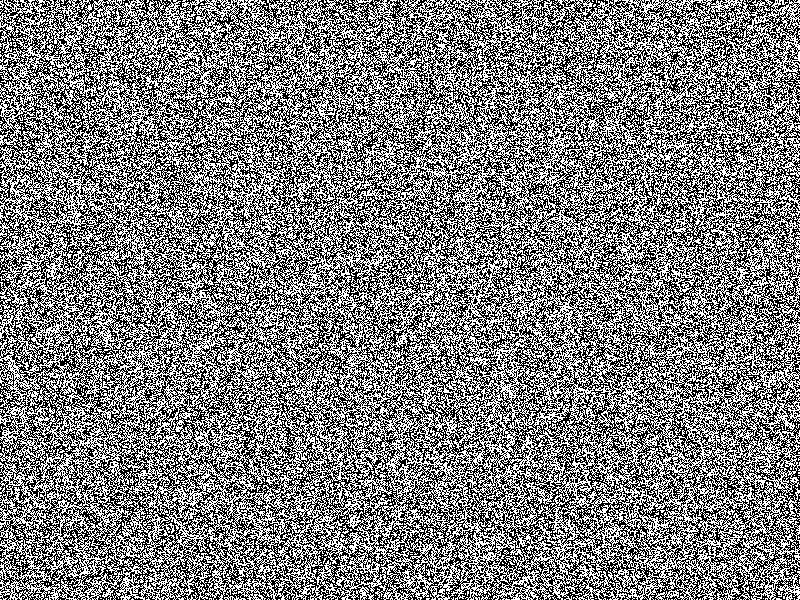Sunday, March 30, 2014
Faces
The thing I hate about the Internet is the same thing I hate about work: the social aspect. Work--even menial, wage-slave work--requires you to put on a face, to professionalize, to pretend. You don't just do a task, you play a role. You present yourself a certain way; you proclaim your investment in a project, goal, or career path. Ostensibly, your investments in these projects are real and your self-presentation, while not exactly real, isn't fake either. It's a different version of yourself: your professional self. Your work persona.
I don't mind it so much when I'm actually at work (or, at least, I recognize why it is appropriate or desirable in the same way that those fucking charcoal-colored "work trousers" are), but being asked to play that role outside of the office is going too far. "Networking and "professionalization" are the watchwords of my discipline and they've always struck me as particularly repellant ones. I especially hate "professionalize," which makes it seem like you become a professional in the same way that people in Greek myths turn into trees: I was mortal but then...I professionalized.
***
You get what you pay for. Likewise, if someone pays you, you have to give, even in ways you aren't prepared for. To work is to be a worker, to be a worker is to carry that burden into every aspect of your life. There is no self but the face you present, and the face you present is the one prescribed and approved by your boss. There it is: the crisis of permanent professionalization.
***
The Internet is where people self-promote: where they beg for money, where they "network," where they pretend to be ethically and politically engaged citizens by sharing articles about Miley Cyrus doing something that was Bad and Offensive. It's true that the Internet's role in our lives is a capacious one and includes private aspects (emails to loved ones, Google searches for "UTI after sex") as well as public ones, but the Internet is a space where performance and self-presentation are prioritized over interpretation. In real life, I "read" people as I perceive them (Who is this person? Are they a threat to me? What is their status in relation to mine?) instead of reading through their self-presentation. That doesn't mean that we are "natural" or completely unaffected when we're not online, only that I don't have to confront the people on the bus with interpretative skepticism. They exist, I exist. The fact that we have to look at each other is proof positive of that.
When we use the Internet to curate and present our best selves, what we're really doing is furthering a self-narrative of domination, in which I can command the attention of the person reading this because I am better and prettier and more famous. That is the flow of social media: the constant pulse of self-assertion which is always an assertion and never a request.
Subscribe to:
Post Comments (Atom)

No comments:
Post a Comment